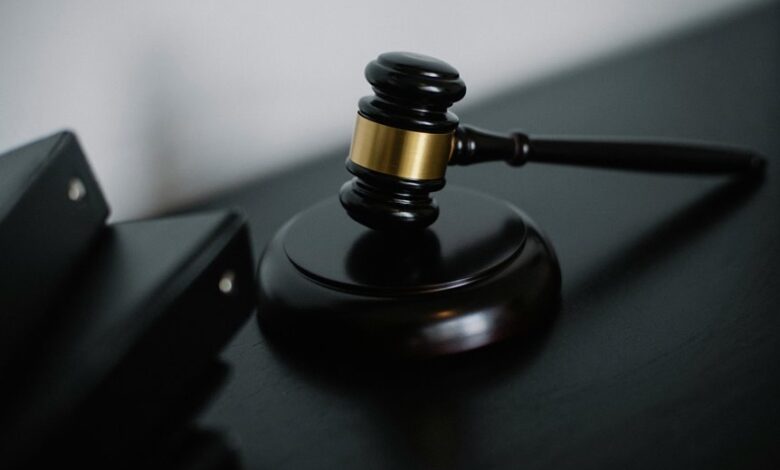Instanonimi: The Impact of the Use of Anonymity in Legal Processes

The use of anonymity in legal processes presents a complex interplay of benefits and risks. On one hand, it encourages witness participation and protects vulnerable individuals. Conversely, it raises concerns about accountability and can undermine public trust in the justice system. Understanding this duality is crucial. What mechanisms can be implemented to ensure that the protective nature of anonymity does not compromise the integrity of legal proceedings? This question warrants careful exploration.
The Benefits of Anonymity in Legal Proceedings
Anonymity in legal proceedings serves as a pivotal mechanism that can enhance the integrity of the judicial process.
By ensuring confidential testimony, anonymity encourages witnesses to come forward without fear of retribution. This protection fosters a more robust legal environment, enabling the collection of crucial evidence while safeguarding individuals through witness protection programs.
Ultimately, such measures bolster public trust in the justice system.
Challenges and Risks Associated With Anonymity
While anonymity can bolster the willingness of individuals to participate in legal proceedings, it also introduces a range of challenges and risks that can undermine the justice system.
The lack of legal accountability may embolden malicious actors, while the presence of digital footprints complicates the pursuit of justice.
These factors can lead to a potential erosion of trust in legal processes, ultimately threatening fairness and integrity.
Striking a Balance: Anonymity vs. Transparency in Justice
How can the justice system effectively balance the need for anonymity with the imperative of transparency?
Anonymity benefits individuals by protecting their privacy and encouraging reporting of sensitive issues.
However, transparency issues may arise, potentially undermining public trust.
A nuanced approach is essential, fostering an environment where victims feel secure while ensuring accountability and public scrutiny within legal processes.
Conclusion
In the intricate tapestry of the legal system, anonymity weaves both protection and peril. It serves as a cloak for the vulnerable, allowing them to emerge from the shadows to share vital truths. Yet, this very veil can obscure accountability, threatening the trust that underpins justice. As society navigates this delicate interplay, it becomes imperative to cultivate a landscape where anonymity and transparency coexist harmoniously, ensuring that the scales of justice remain balanced and credible for all.





